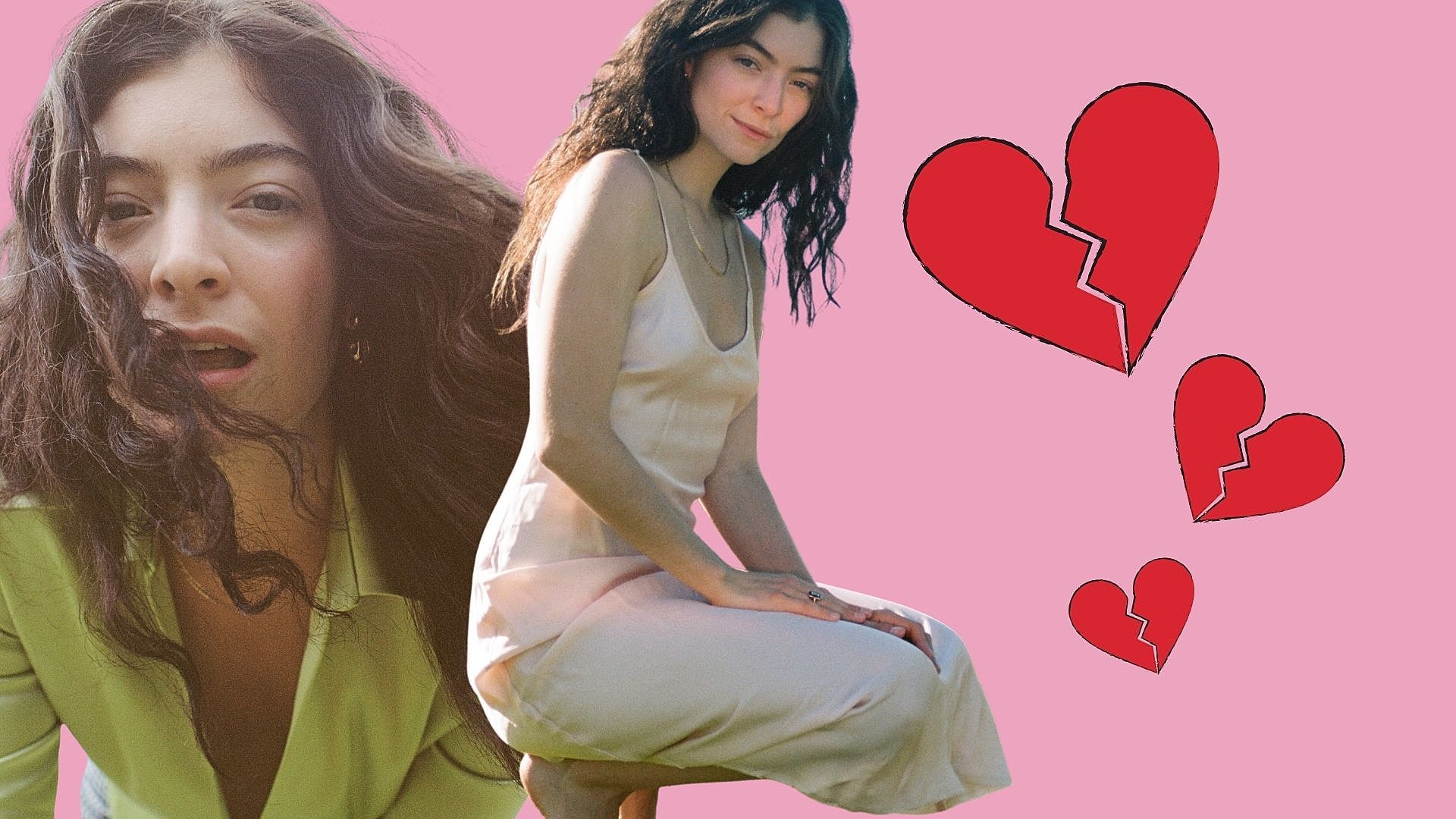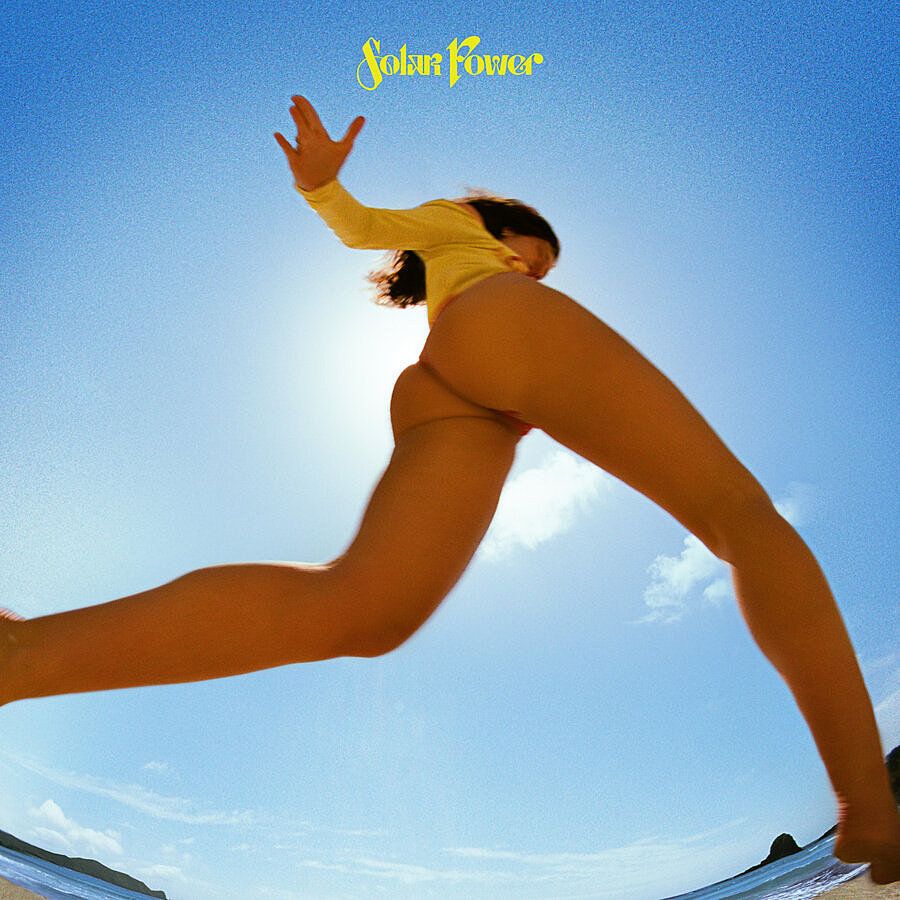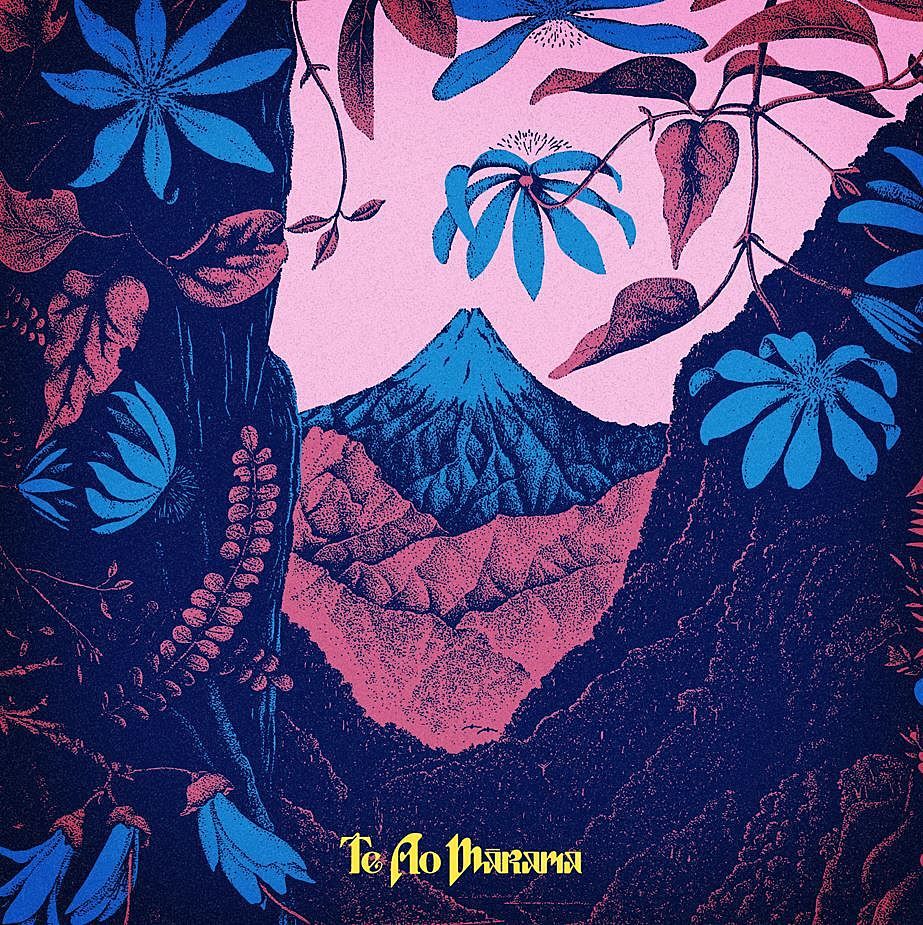Dear Lorde, it’s Not Me, it’s You
Rachel Trow grapples with the realisation she’s been ignoring parts of herself to enjoy Lorde as an artist – and she can no longer escape herself.
It brings me absolutely no joy to draw this conclusion. The signs have been there for a while, but I was too scared to acknowledge them. When you love someone, it’s easy to look past their faults, even when they start to hurt you.
I truly believe that there are few pleasures left in this hellscape we call late-stage capitalism; I truly believe that unapologetic “pop alchemy”, as Lorde describes her work, is one of them. I don’t mean to ruin this haven of escapism with my overthought reckons, but in the last year I’ve realised that my relationship with Lorde hasn’t been great for my wairua or my mauri.
Having watched her make a few questionable moves from a Māori perspective (see: filming on Waiheke, staying silent on Pūtiki), I’ve noticed that what I’ve really been doing is ignoring parts of myself, in order to enjoy Lorde as an artist. Namely, the Māori ‘part’ of myself (now how’s that for some internalised blood quantum nonsense?).
Solar Power – is it the album that will make me break up with Lorde?
Last month, Lorde bestowed Solar Power on an audience craving distraction from our shared global trauma. She invites us to enter an alternate timeline, one where even the most complex issues can be fixed with a summer road trip. With the strong 70s influence and sound, the album is specifically stylised to represent warmth, nostalgia and escapism that goes beyond just music – it’s world building.
Lorde introduces us to this world in the first track, ‘The Path’, acknowledging how difficult our real world can be by first positioning the strangeness of her own experience in it – "teen millionaire having nightmares from the camera flash" – before abruptly turning to the audience and using a collective voice – "we are all broken and sad … let's hope the sun will show us the path".
I think this is how she invites us into the California-commune vision of this album, by kind of saying, "The world sucks out there! Step into this sunny, warm, yellow world I've built where everything is great."
Solar Power album cover. Courtesy of Universal Music New Zealand.
There are more layers to Solar Power than one may think upon first listen. You can take it at face value, enjoy an hour in the world of rich white ladies. Meander around your block, listen to Lorde’s symphony of cicadas and manifest your vaxxed-girl summer on your hot-girl walk. Or you can dive deeper. Plan a Zoom listening party complete with track-by-track analysis and post-match breakdown, pretending you’re hosting your own award-winning podcast.
This kind of music exists in a precarious space, and I believe everyone is entitled to a healthy dose of escapism. The world lowkey kinda sucks, and as Lorde says, “we are all broken and sad”. However, it feels like Lorde is acutely unaware that escape is a privilege we don’t all have. And ultimately, it’s hard to listen to Lorde talk about how messed up the Western world is when her socially charged lyrics aren’t followed up with meaningful action.
‘Mood Ring’ – undeniably a banger but doesn’t quite hit the spot
I started to question my allegiance to Lorde when ‘Mood Ring’ was brought into the world. A few days before the whole album was released, the song was dropped as a single, accompanied by an aesthetically pleasing music video. This gave fans little time to ponder the layers of the video before turning our ears to the album as a whole. But there was something about the video, weeks later, that I just couldn’t shake.
‘Mood Ring’ is Lorde’s critique of wellness culture. In an email sent to fans, Lorde says of the character she plays in the video, “I’ll say it once and then never again: this is satire. She is not me. :-)”. She invites us to name the character if we want (which I do, I’m calling her Brenda).
Distancing herself from Brenda doesn’t mean Lorde is off the hook
Distancing herself from Brenda doesn’t mean Lorde is off the hook. And you don’t have to dig deep to prove this, as Lorde herself cites an article that inspired the video. The article explains the dangers of white women practising wellness culture in a way that appropriates Indigenous cultures. Ironically, the article is written by a (seemingly) white American author.
But how effective is it for Lorde to create the character of Brenda if she isn’t doing anything in real life herself to whakamana communities most harmed by white wellness culture? I would argue that satire that is almost entirely self-reflective isn’t successful, or necessary, at all. Satire that fails simply becomes cringey and ironic.
Can rich white ladies do rich-white-lady satire?
TikTok creator @hennyondatok says it best in the first of a series of TikToks: “if the folks that she’s critiquing didn’t even pick up on [the satire] and they just saw a gossamer reflection of their lifestyles and goals then it tells me that she failed.”
They argue that, in producing this video, Lorde sits on the fence, enjoying the best of both worlds. She looks clever for attempting satire, without completely alienating her audience.
Can rich white ladies do rich-white-lady satire?
This TikTok helped me piece together the unsettling feeling I’ve had since I read Lorde’s essay in the relaunch of Metro magazine earlier this year. When Lorde described Antarctica as a “virgin landscape”, playing into an overtly colonial and violent view on the environment, she’s clearly unaware of the fact that Tangata Moana ventured as far south as Antarctica long before Europeans. This touched a rather sensitive nerve, knowing that my Kāi Tahu ancestors have long held a relationship with the Antarctic.
When I understood Lorde’s new music through the lens of satire (albeit not very good satire), I realised the irony of her word choice in Metro –and I saw the self-sabotage of revering an artist that made me want to cut out pieces of myself to continue engaging with her.
Satire in the time of Pūtiki
While Lorde’s intentions for Brenda are admirable and the nuances of her character acknowledged, BBIPOC know all too well that intentions don’t always equal impact.
When Lorde toked on a fennel bong on an undisclosed Waiheke beach in the ‘Solar Power’ music video, I couldn’t help but think about the fact that Lorde wasn’t active on our weed referendum last year, an issue with major consequences for BBIPOC. The irony of this video being filmed on Waiheke Island, where kaitiaki have been defending the whenua and moana from marina developers at Pūtiki, also hasn’t escaped me.
Acknowledgement is best served with action, and this is where Lorde falls short.
If you were on social media when the surprise EP Te Ao Mārama dropped, you’d know that the pandemonium was almost instant
Te Ao Mārama – the elephant in the room
This adds a particularly colonial sting to the context of her te reo Māori EP version of Solar Power, Te Ao Mārama. If you were on social media when the surprise EP dropped, you’d know that the pandemonium was almost instant. The album sparked a complex kōrero on Lorde’s decision to translate some of the songs into te reo Māori.
Te Ao Marama album cover. Courtesy of Universal Music New Zealand.
Several beautifully articulated articles out there like this one by Rangimarie Sophie Jolley and another by Jack Gray tear into the nuances of enjoying te reo Māori pop whilst opening up the intergenerational wound of a stolen language. It’s been empowering for me to read such a diverse range of opinions reiterating to non-Māori that Māori are not remotely homogenous and we’re all more than capable of having our own opinions. All I will offer here is that Te Ao Mārama confirmed for me what I had feared since I saw the ‘Mood Ring’ video – that I will have to ignore important cultural context to enjoy Lorde’s work.
We all know it’s hard to quit things even when they aren’t necessarily good for us. I’ll probably still try to get a ticket to her summer tour and enjoy escaping reality for a few hours. That is a privilege I am lucky to have. It may be our last hurrah, but only time will tell. Even if we do part ways, I’ll be sending her “love and light”, as my tūpuna would want me to, but I’ll be sure to keep enough for myself from now on.
Feature image: Sherry Zhang. Images courtesy of Universal Music New Zealand.



